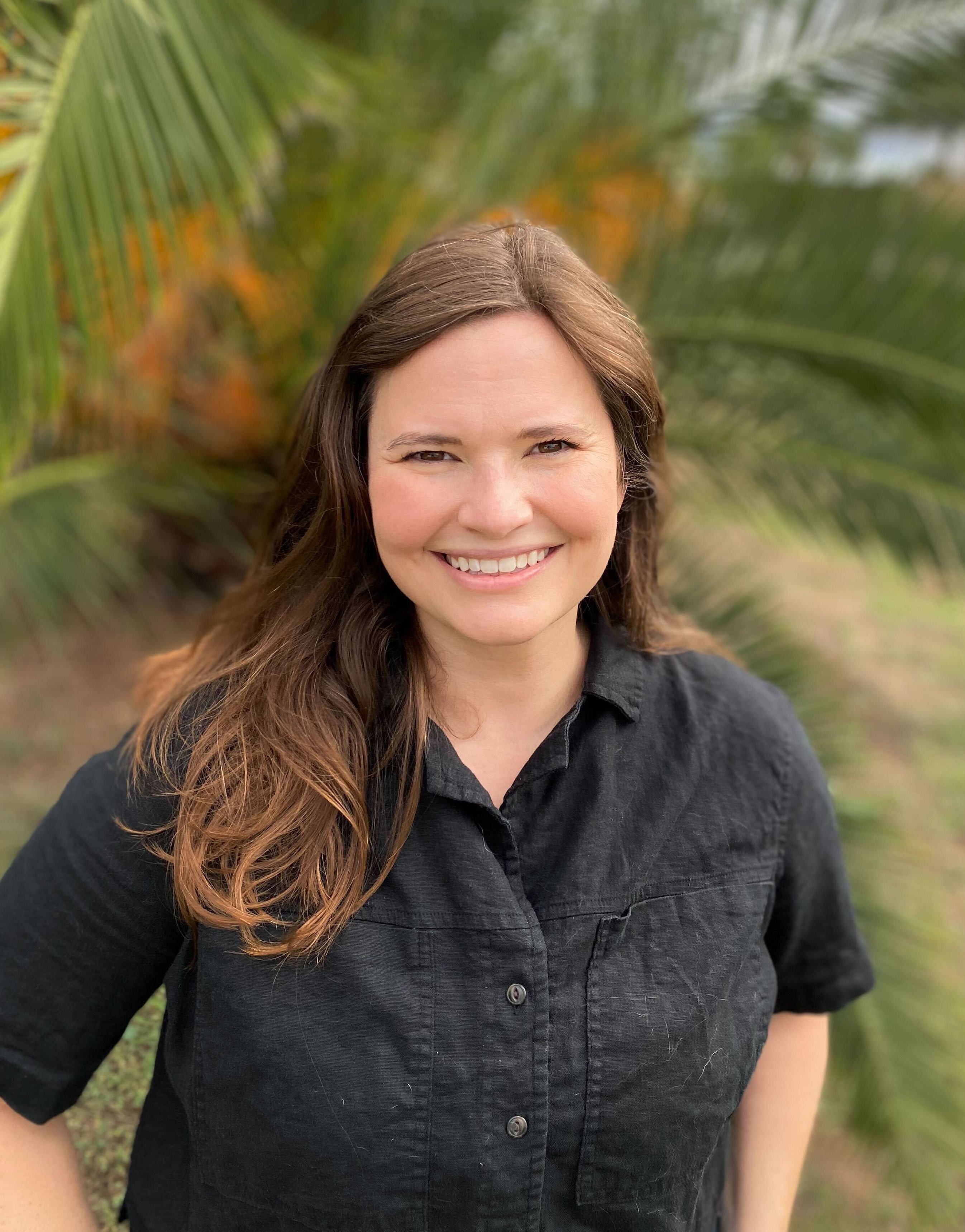Wild Microbiomes
Hi there 👋, I am a microbiome scientist. My work integrates microbial ecology, analytical chemistry, and molecular endocrinology to unravel the mechanisms that drive host-microbe interactions. Views are my own.
Research areas: Organisms interact through symbioses, from harmful to benign to beneficial, driving evolution for both the host and symbiont. This coevolution occurs on different timescales, with microbiota exhibiting rapid changes (e.g., host dietary changes shape gut microbiota) compared to long-term changes in animal hosts (e.g., reduced fitness over generations). Gut microbiota have been implicated in negative outcomes, and their interactions with hosts display these clear differences in evolutionary timescales. Microbiome imbalance has been associated with disease states in humans and other animals. In particular, changes due to captivity have been linked to these health outcomes in wildlife. However, we lack a fundamental understanding of how microbes and their functions change over time and between generations and how these changes lead to host effects. Exploring symbiotic relationships like these is critical to elucidate mechanisms of adaptation surrounding host-symbiont homeostasis. With >42,000 species currently under threat of extinction, <1% of these species’ microbiomes have been evaluated, it is imperative that we expand our scope beyond human-centric studies to understand the microbial drivers of animal fitness.
- Linking host fitness to environmentally driven changes in microbiota
- Examining microbiomes following environmental chemical exposure
- Rewilding across scales–microbes as treatment
- Understanding organismal function through chemical ecology

